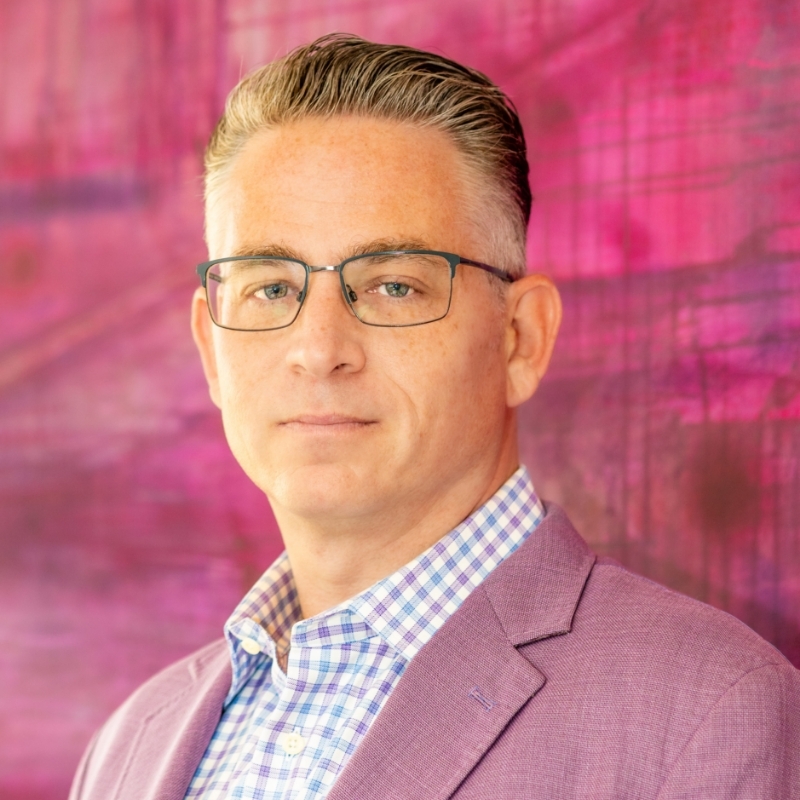Here at Maryland Addiction Recovery Center, we offer two intensive outpatient (IOP) treatment programs for individuals suffering from addiction, substance use disorders, and co-occurring disorders. One is a daytime IOP program that is held five days per week. The other is an evening IOP program for working professionals that is held three evenings per week.
Intensive Outpatient (IOP) treatment programs are direct services for individuals suffering from addiction who do not require or meet medical criteria for medical detoxification or 24-hour inpatient rehab or residential treatment.
So, an IOP program can be a direct access point to care for those individuals that do not need a higher level of care, but IOP can also be an appropriate “stepdown” or aftercare option for an individual after they have attended an inpatient medical detox or residential treatment program. Therefore, an IOP program can be either a primary addiction treatment program or as a next step in the addiction treatment continuum post-detox and residential treatment experience.
Each IOP program is different in exactly what services are offered to patients. However, most IOP programs are a mix of group therapy, individual therapy, psychiatry, med management, and family therapy. Some comprehensive IOP programs offer all of these services, while others may only offer some of them. For example, some IOP programs only consist of group therapy sessions several times per week, and do not offer individual therapy or counseling, psychiatry, med management, or any family therapy work. Some other IOP programs may offer group therapy sessions and individual therapy, but do not include psychiatry or med management. A high quality IOP program will offer all of the services listed above and may even offer additional services such as case management or life skills development.
At most IOP programs, patients will receive a number of different clinical and therapeutic approaches. Some examples utilized in many intensive outpatient programs are psychoeducation, relapse prevention skills, education on the disease of addiction and the brain chemistry of addiction, spirituality, the stages of change, healthy coping mechanisms, recognizing unhealthy behaviors and patterns, and improving problem-solving skills. Some clinical approaches often used in IOP programs are cognitive behavioral therapy (CBT), rational emotive behavioral therapy (REBT), motivational interviewing (MI), acceptance and commitment therapy (ACT), eye movement desensitization and reprocessing (EMDR), dialectical behavior therapy (DBT), 12 Step education and facilitation, the Matrix Model, family therapy, psychodynamic therapy, and experiential therapy.
What to Expect from an Intensive Outpatient (IOP) Program:
- A person-centered treatment experience
- Family involvement during treatment, which includes updates to family members but also engagement from the treatment team with family members and education for the family members
- The use of evidence-based treatment approaches and modalities
- No time restraints. Addiction impacts everyone differently, therefore the time an individual spends in an IOP should be based on their individual clinical needs. Many IOPs promote that they last for a specific number of weeks (for example, 12 weeks) but there is no way to account for how long a person needs or should be engaged in care. That determination should be regularly accessed by the treatment team and remain fluid
- Clinically appropriate drug testing
- A minimum of 3 group therapy sessions per week
- A compassionate and clinically sophisticated treatment team, that is able to assist in case management services and guides both patient and their family members throughout the treatment process
- If the patient has a professional referral source (examples would be an individual therapist or psychiatrist they have been seeing for some time who has recommended IOP as a higher level of care), that the referral source will be included in the treatment plan and experience and received regular clinical updates from the IOP therapist or treatment team
Here at Maryland Addiction Recovery Center, both our daytime IOP program and our evening IOP program offer group therapy, weekly individual therapy, family therapy and engagement, psychiatry and med management, and non-acute medical care and oversight. Our clinical team here also helps patients with case management services, and when appropriate, life skills, vocational, and academic support. The MARC IOP programs are appropriate for individuals directly admitting into treatment who fit clinical criteria for intensive outpatient treatment, and also for patients who are discharging from an inpatient medical detox or residential treatment program. We offer services to individuals that suffer from addiction, substance use disorder, and co-occurring mental health disorders.
If you or someone you know needs help for addiction or co-occurring disorder issues, please give us a call. Maryland Addiction Recovery Center offers the most comprehensive dual diagnosis addiction treatment in the Mid-Atlantic area. If we aren’t the best fit for you or your loved one, we will take the necessary time to work with you to find a treatment center or provider that better fits your needs. Please give us a call at (410) 773-0500 or email our team at info@marylandaddictionrecovery.com. For more information on all of our drug addiction, alcohol addiction and co-occurring disorder services and recovery resources, please visit our web site at www.marylandaddictionrecovery.com.
